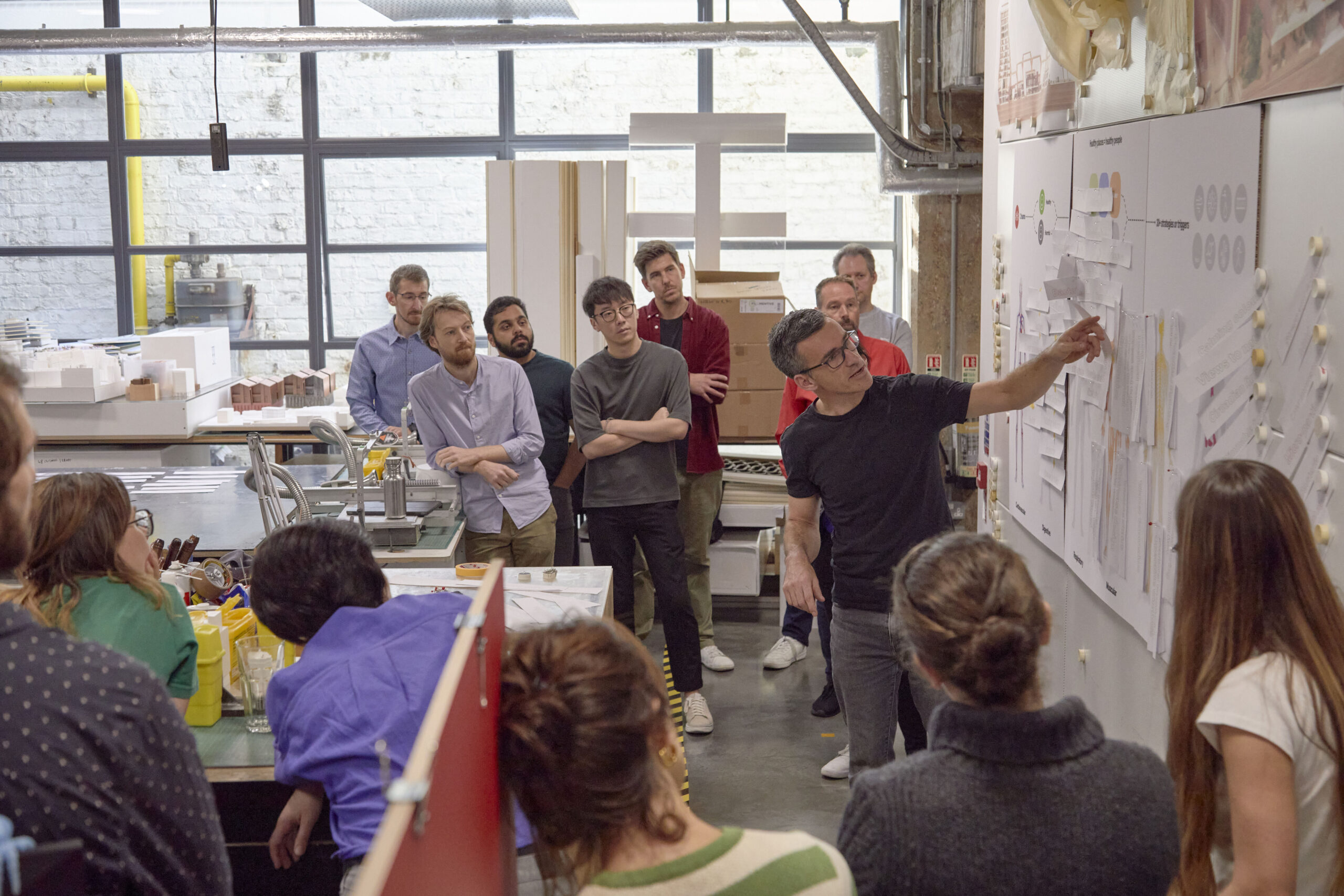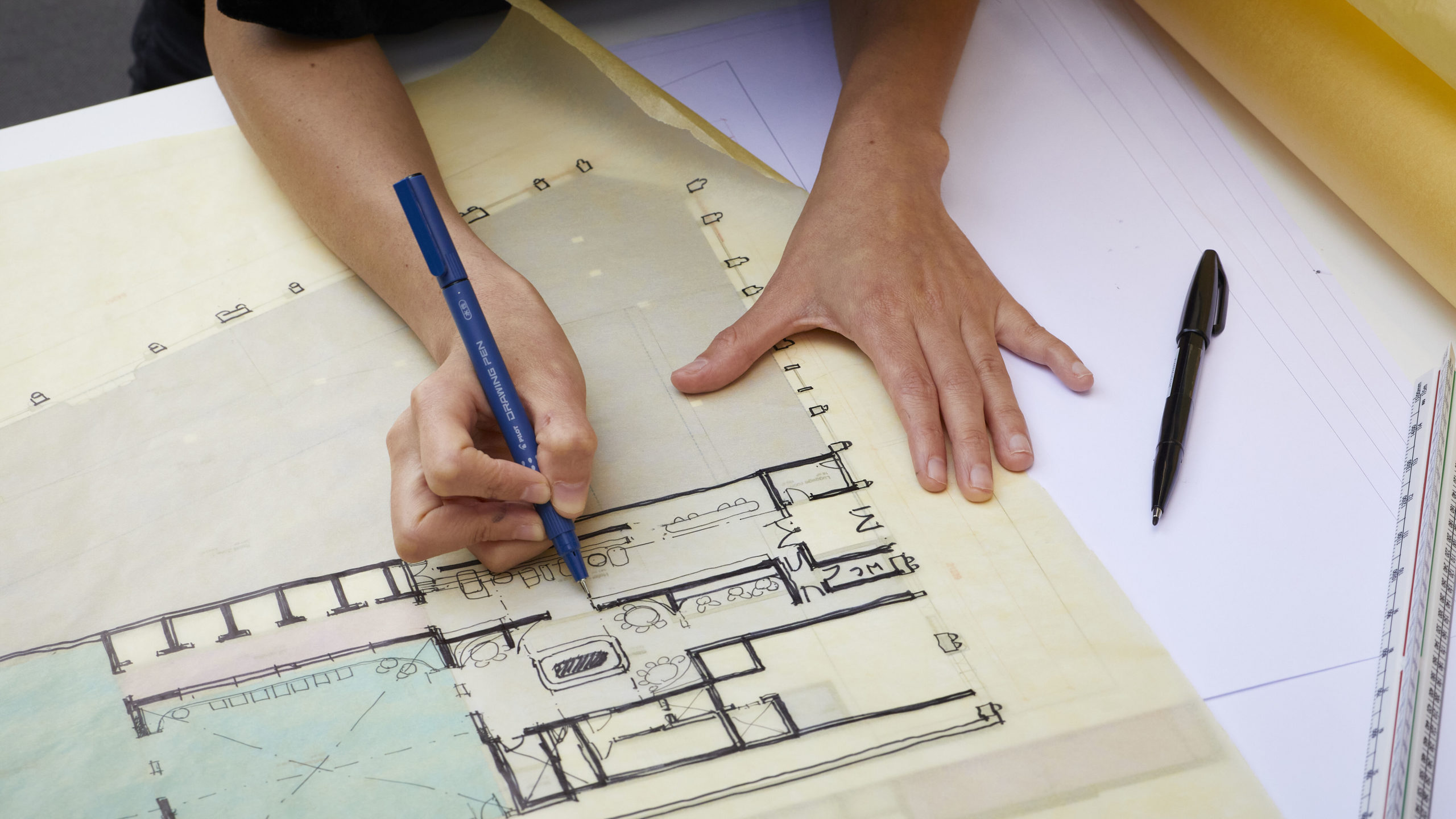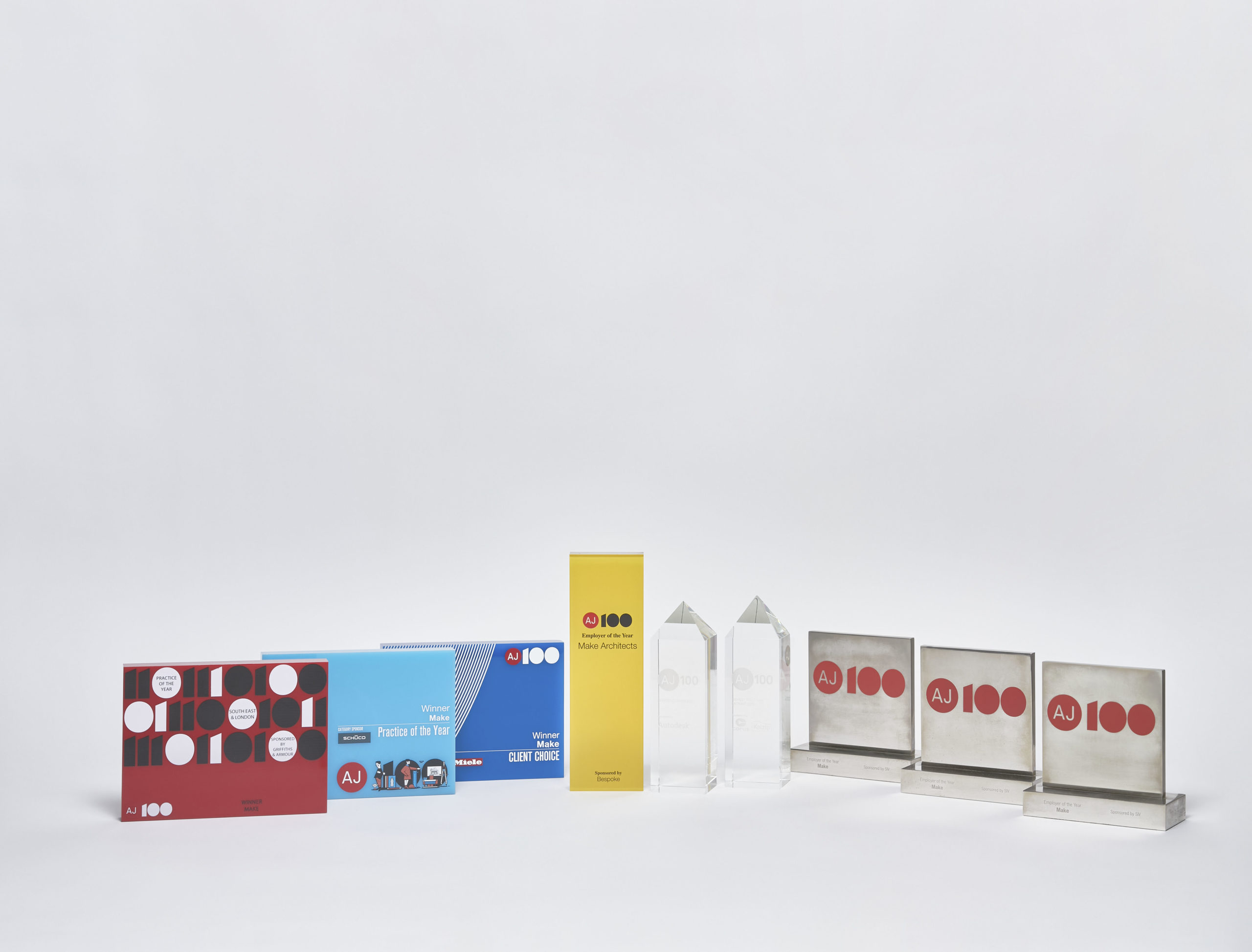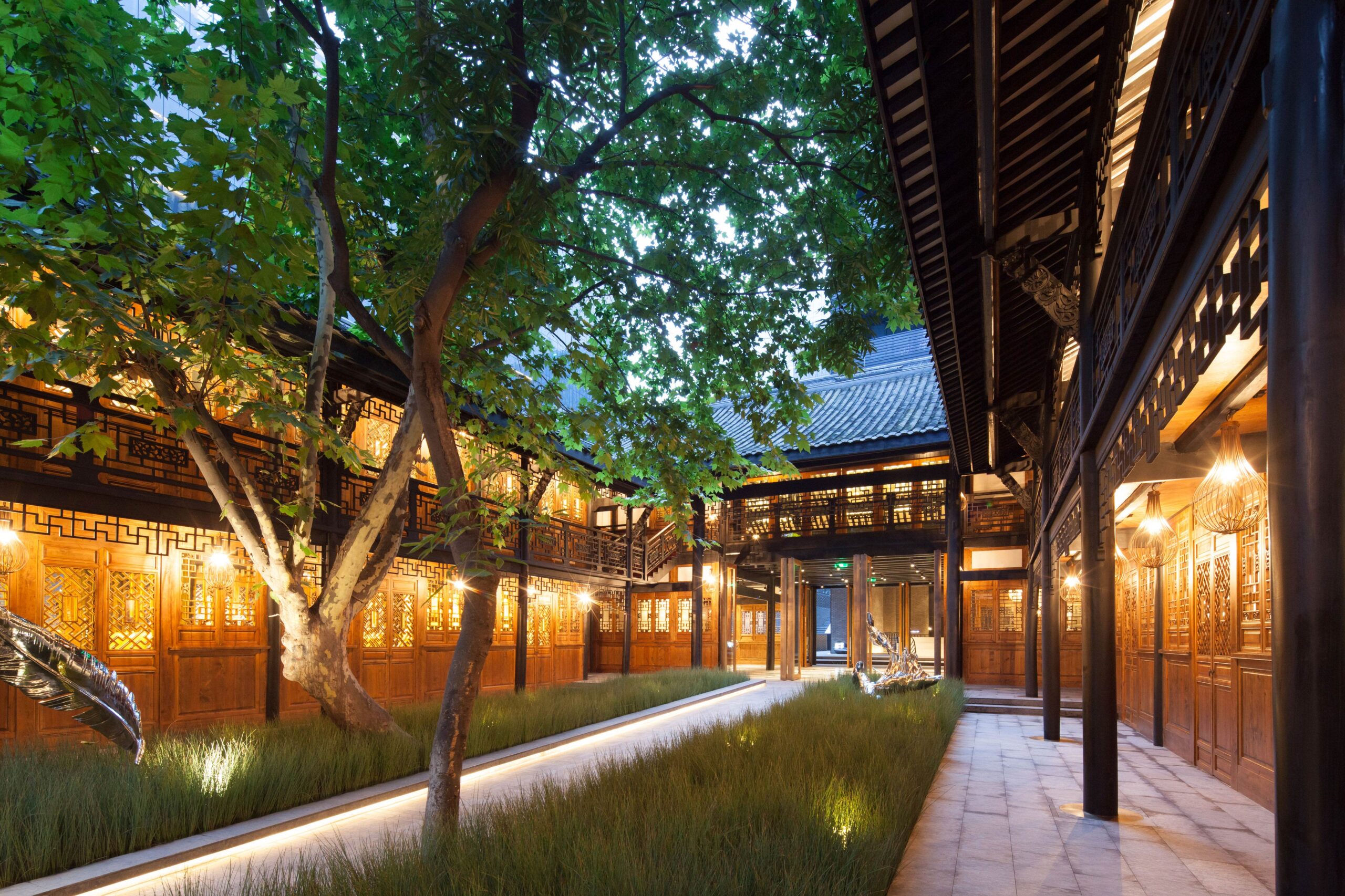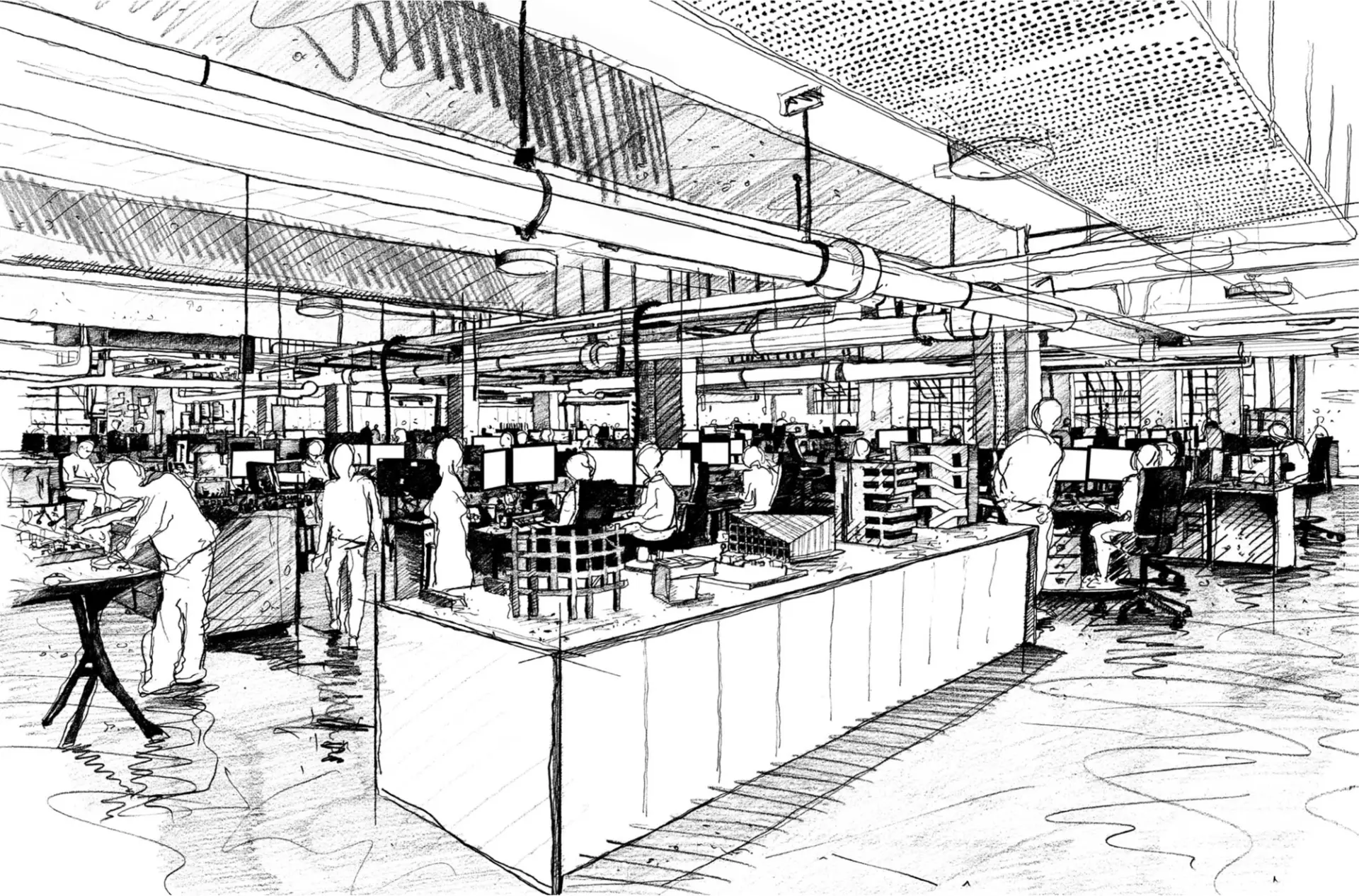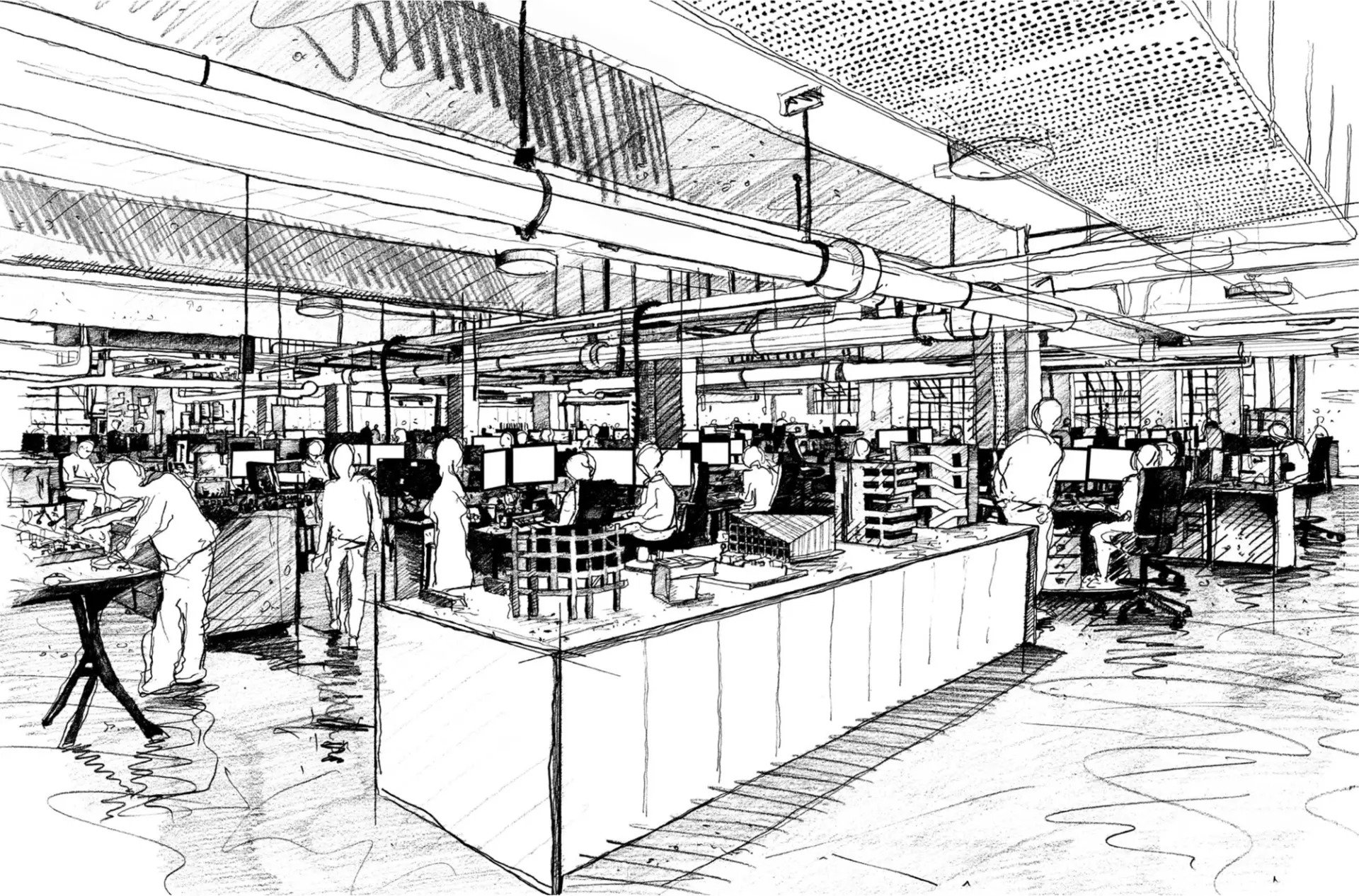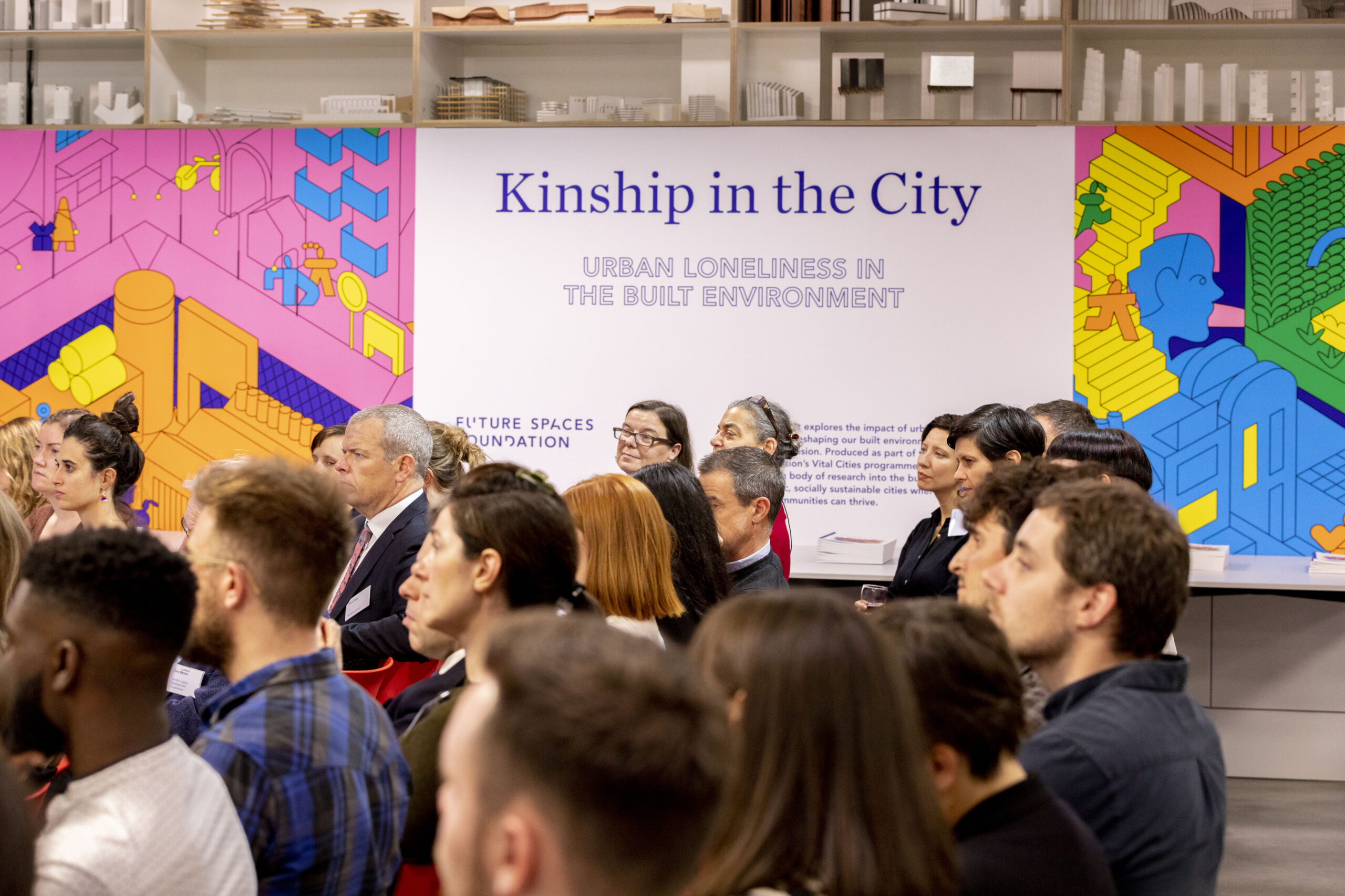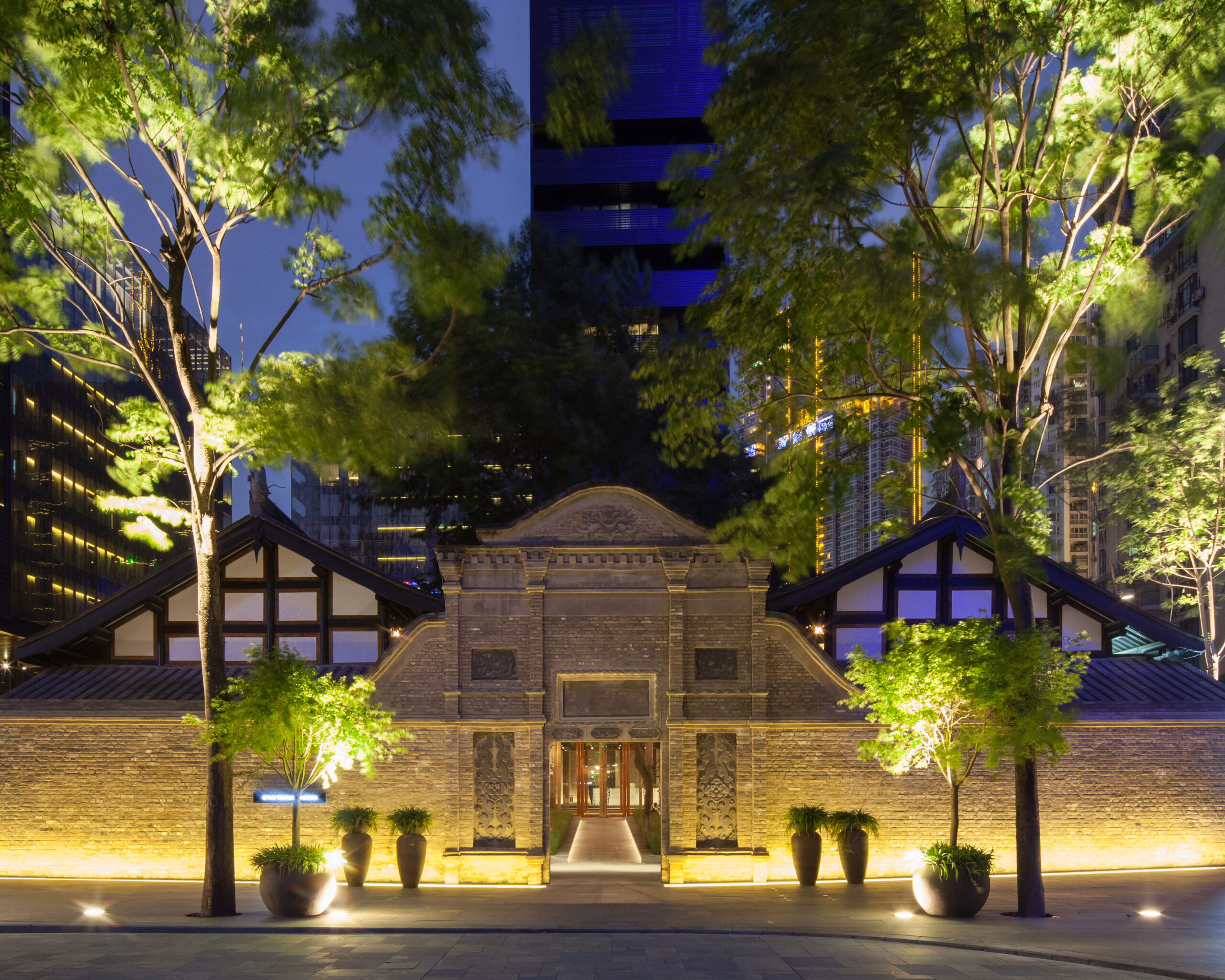
To understand how they first rose to the top of their sport you need to rewind back to the 1990s, when they initially made their mark. Back then, their coach Daniel Costantini introduced his players to professional training methods for the first time. A surprise medal at the 1992 Olympics in Barcelona gave the team the springboard they needed to then triumph in the 1995 world championship. It was actually the first time a French team had ever won a world title. (Remember, this was three years before Zinedine Zidane and his colleagues brought home football’s World Cup.) As current star handballer Nikola Karabatic explains of his forerunners : “At the time, they came from nowhere. The players made an unimaginable effort to reach that level through immense hard work and self-sacrifice.”
Back in the 1990s, the team were known as ‘Les Barjots’, meaning ‘The Crazy Ones’. As Les Barjots gradually retired, the next generation had to work to stamp their authority on the sport. It took five years or so for the team to reach the top of the world again, and to fully integrate young players such as Didier Dinart, Jérôme Fernandez and goalkeeper Thierry Omeyer, all now linchpins of the squad. This successful integration of new players is one of the key reasons for current French domination. In 2003 Nikola Karabatic, just 18 at the time, first won his place in the team. “I remember developing my skills with star players whose images I had on posters in my bedroom,” he says. “It was incredible for me to become part of the team that had had such an influence on me when I was younger.”
2003 was also the first major competition for new coach Claude Onesta, who took over after Costantini’s 16 years at the helm. Despite several upsets, including elimination from the Athens Olympics at the hands of the Russians, Onesta managed to lead his boys to victory in the 2006 European championships. From then on ‘Les Experts’, as the new generation were now known, were unbeatable. “Once you’ve tasted victory, you very quickly feel the need to taste it again,” says Karabatic, whose father represented Yugoslavia in handball at the Moscow Olympics in 1980. “At each tournament we won, I experienced such intense emotion with my teammates that, as soon as the next tournament came around, I felt the need to relive that.”
There are also certain technical reasons for France’s success. For the last 20 years their defensive play has been outstanding, a constant thorn in the side for teams that challenge them. During the 1990s they often opted for a 5-1 formation, with five players guarding the back of the court, and one attacker up front. Jackson Richardson played a key role in this solid defence, constantly hampering any attacks, and often stealing possession to launch vicious counter attacks.
Nowadays the French defence relies on three strong players at the back, creating a wall that attacking teams struggle to breach. Then, up front, there’s the pivotal Bertrand Gille, with central defender Didier Dinart – arguably the best handball defender in the world – just behind him. The final line of defence is goalkeeper Thierry Omeyer, also considered the world’s best for his position.
Article originally appeared in Play magazine.
